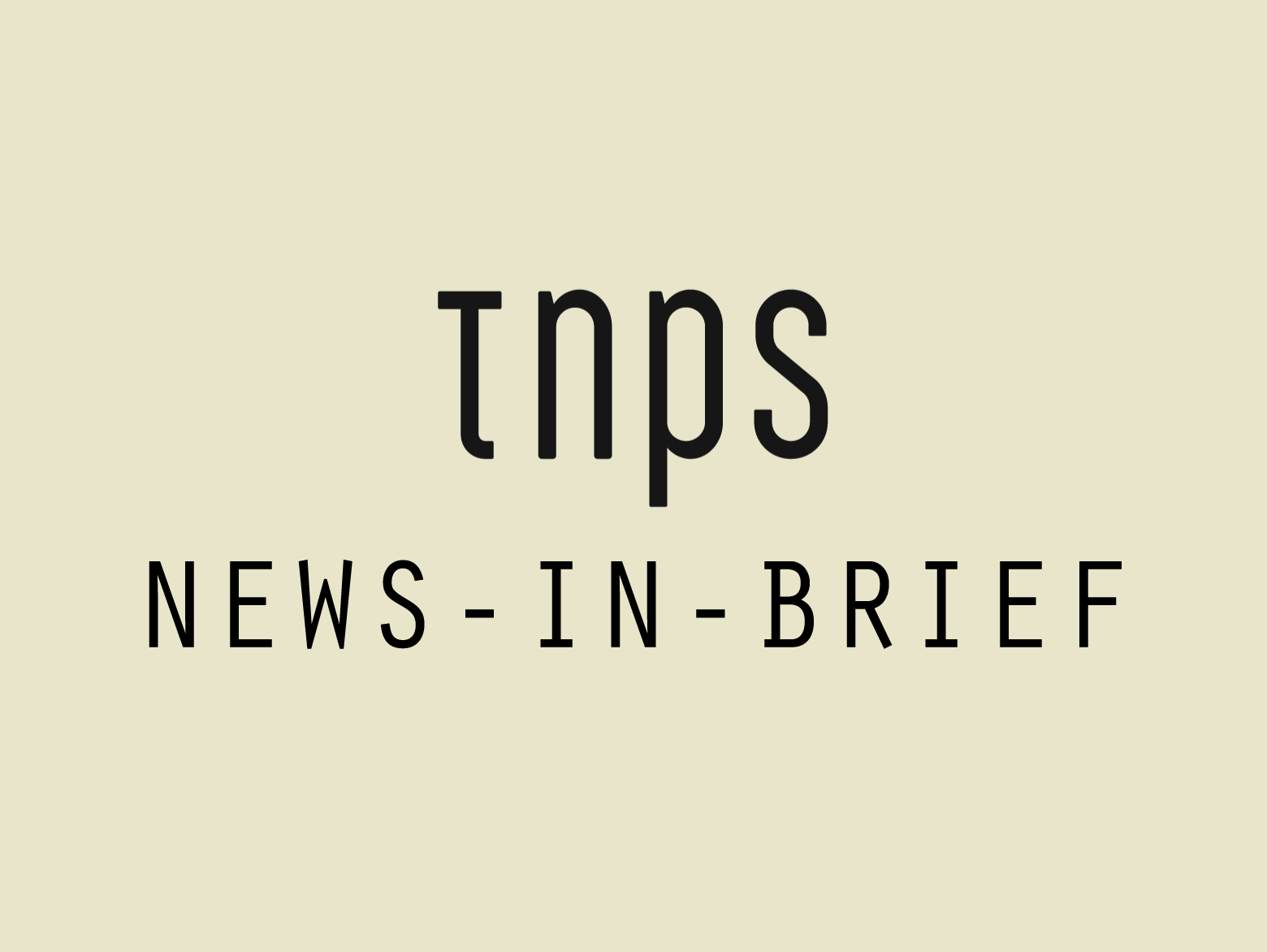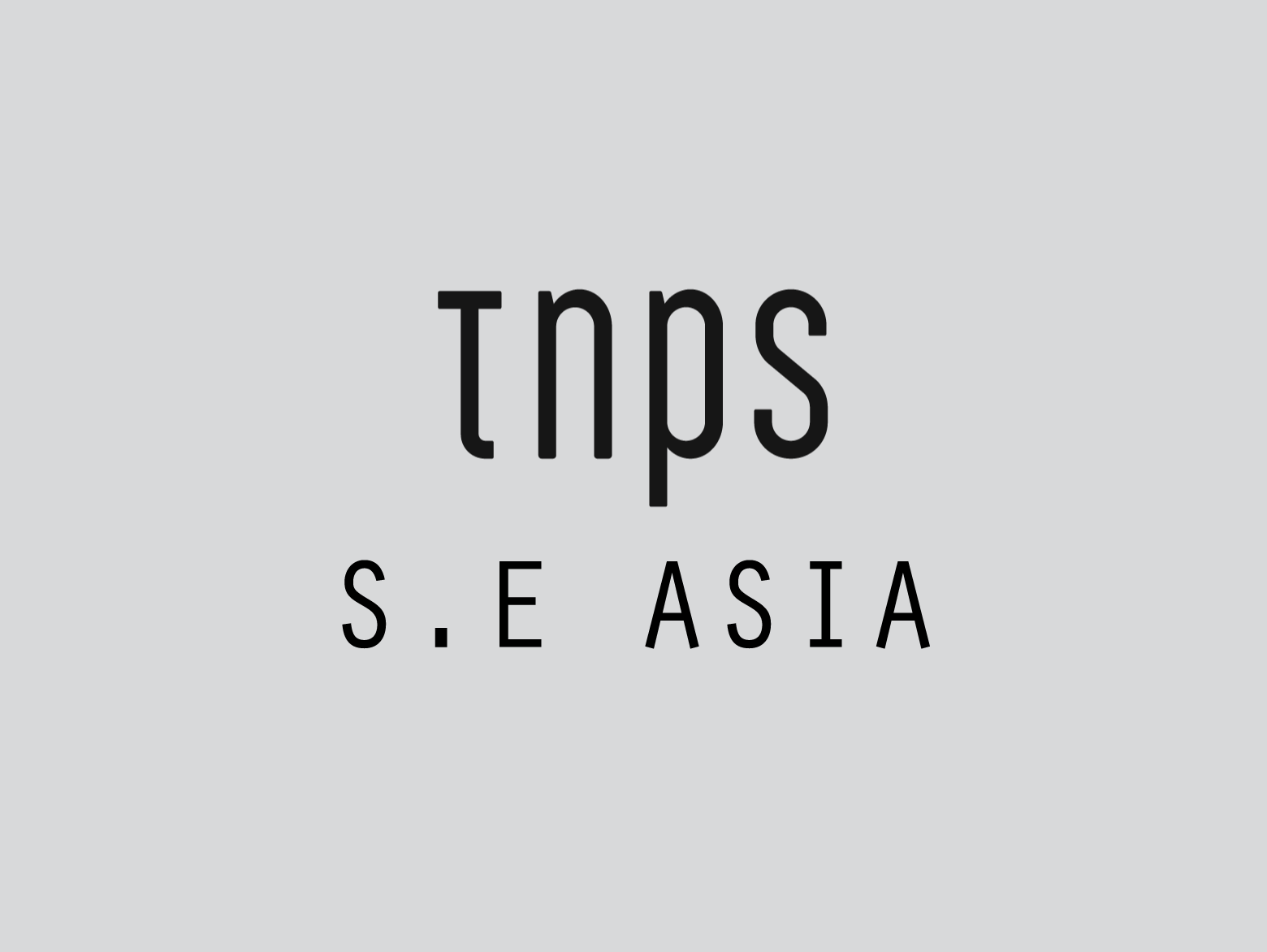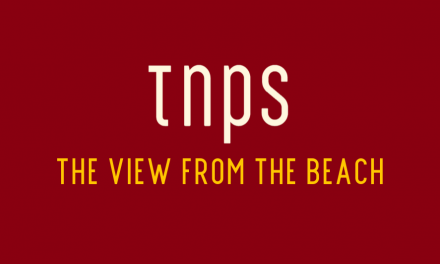
Table of Contents
There’s so much happening in publishing right now it’s impossible to keep on top of it all, but some stories are too good to pass by without at least a quick mention here at The New Publishing Standard.
Here’s three of the best from my last browsing session.
“Can anyone teach me how to make a homeland?”
“I take words from anywhere,” says Amineh Abou Kerech, moments after winning the 2017 Betjeman poetry prize for 10- to 13-year-olds last week. “I take them from songs and films, from what I see on the computer or the television. And I put them all together.”
Thirteen year old Syrian refugee Amineh’s poetry and short but eventful life came under scrutiny in The Guardian.
Imogen Lycett Green, director of the Betjemin prize and granddaughter of the eponymous poet, said at the ceremony, “Poets are in the fringes of society, they’re not in the establishment. They look at events, at lives, at love and at themselves from a sideways position. And in glancing from the side, the truth can sneak in. If adult poets are seeking the truth, I think children who are burgeoning writers are even closer to the truth.”
Read the rest, including some moving examples of Amineh’s poems, at The Guardian.
Just how many pen-names do you need?
There are good reasons to use pen-names.
Historically authors have used pen-names to hide their gender or race to get published (some would say times haven’t changed that much).
Others to protect their families or jobs. I’ll hold my hands up to that one. My first novel, about the hunt for a child killer, didn’t fit well with my teaching vocation and I didn’t want my then young children being taunted in the playground because of a book their father had written. I don’t write erotica, but if I did that would have been another reason to adopt a pen-name.
In fact, strictly speaking you could say I use a pen-name now since Mark Williams is not my birth-name (the joys of divorced and re-married parents – lots of family names to choose from!), but it is my registered business name and the only name I plan to write under.
JK Rowling famously used a pen-name to publish adult mysteries and maintain a separate author identity from her Harry Potter books, but that was more to prove she could write and sell well without being identified as “the Harry Potter author” and riding the Harry Potter brand.
But what about the rest of us? What if, as I do, you write adult thrillers, children’s books, YA, holocaust novels, non-fiction, etc? Is that a case for multiple pen-names?
Back when my debut thriller found interest from a reputable New York agent one of the conditions for signing up was that I would not write in any other genre for three years, or if I did it would have to be under a pen-name.
That was enough to see me walk away. Not that I had a problem with pen-names. It was just the agent dictating what genres I could write in.
But in fairness to said agent this was when ebooks were still in their infancy and social media still a minor influencer of book sales. Perhaps it was good advice for that time.
But in 2017? Absolutely not says Anne R. Allen in a post on the pen-name dilemma.
As Allen says, “You can show genre with cover design, blurb, logo and many other cues, but publishing under lots of names in the digital age is a recipe for disaster You would have to maintain separate social media accounts and blogs for every one of your personas.”
Read the full post here.
We need to talk about…KU
Kindle Unlimited (KU) is the controversial ebook subscription service from Amazon.
Despite having almost no big-name authors and publishers in it (there are exceptions, like JK Rowling and Veronica Roth) Kindle Unlimited is one of the most successful ebook subscription services going, at least in terms of consumer interest.
With over a million titles, comprising mostly Amazon’s own imprints and self-published books, at home KU leaves other ebook subscription services trailing in its wake.
In North America KU has decimated its rivals (Oyster folded, Scribd struggles) and if we accept the reports by Data Guy KU is bigger than Apple’s iBooks store and Barnes & Noble’s Nook store.
Elsewhere the picture is less clear. KU is available in most of the countries where Amazon has a Kindle store, but its impact is less and in many places the competition is stronger. In Europe and elsewhere subscription services like Storytel, Bookmate, 24Symbols and Skoobe hold their own.
But in North America KU holds sway, and not everyone is happy,
Author Gene Doucette takes an authoritatively broad look at KU, opening, “I want to talk about an Amazon subscription service called Kindle Unlimited, because it’s complicated and interesting, and is increasingly the primary discussion subject among authors (of the indie variety) and not for a lot of really good reasons.”
Doucette goes on to discuss the good, the bad and the ugly of Kindle Unlimited – everything from the exclusivity clause that only applies to self-published authors, to the way authors are paid by the number of pages read (again, only for indie authors), to the fact that Amazon’s definition of a “page” varies according to what suits Amazon, to the “pot” payout that means authors (but only indie authors) don’t know how much they will be paid until after the event, and the many scams and cons that have beset KU from day one, causing Amazon to constantly re-write the rules.
“Everything about Kindle Unlimited is a black box from the author’s perspective,” says Doucette, and this engenders distrust.
And yet Kindle Unlimited remains hugely popular with indie authors, some at least of whom do extraordinarily well from the service in terms of payouts, and this in turn keeps many lesser earning indies in KU, hoping their turn will come.
Doucette covers all the bases in this wide-ranging study of KU, concluding, “I know my share of authors who are of the opinion that the money they make in KU is still going to be more than they could make out of KU but published in the other markets. I believe them because I am sure they know their business better than I do… but working exclusively with a single merchant carries more risks than working with several. specially when that one merchant drives you crazy.”
Link to the full story from Gene Doucette here.





